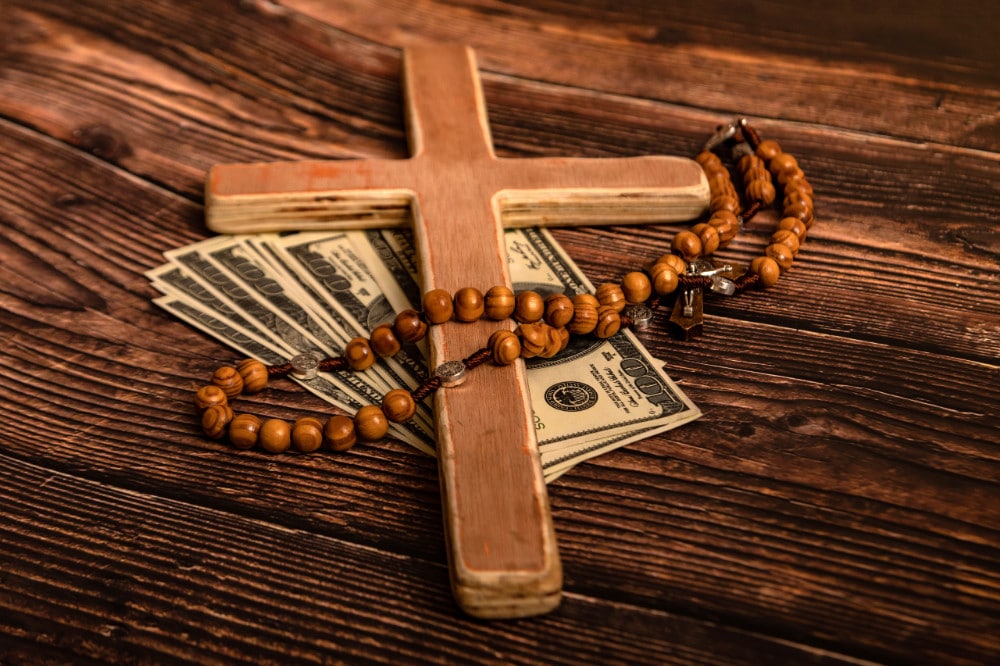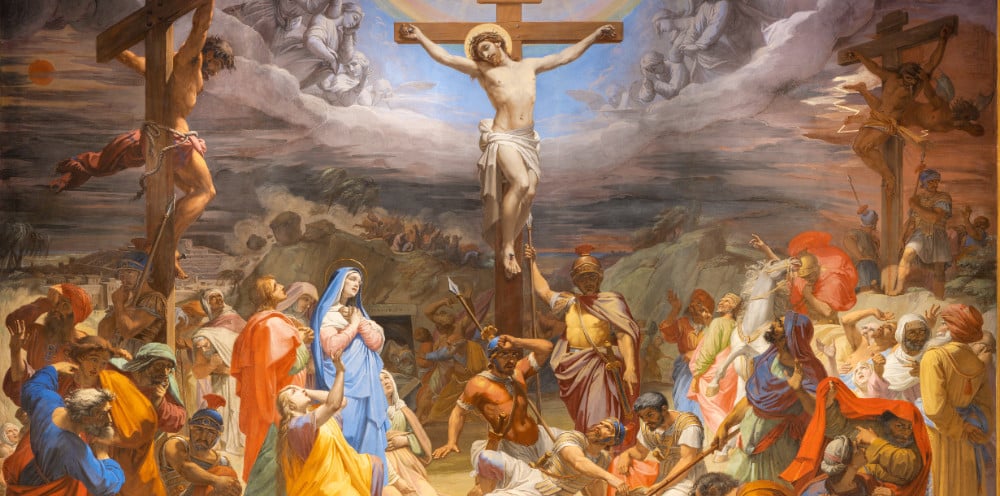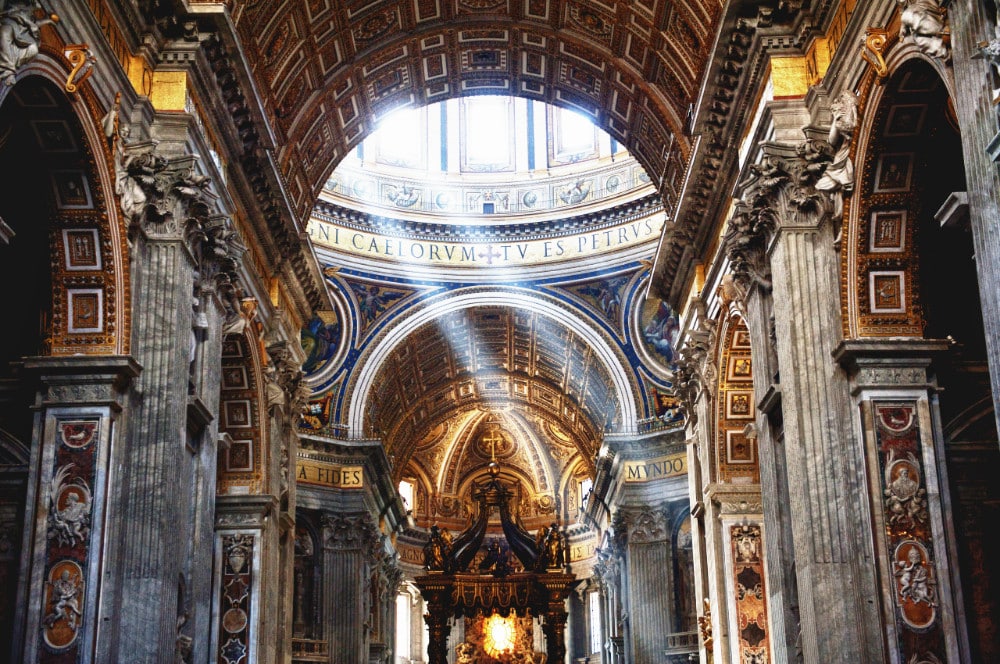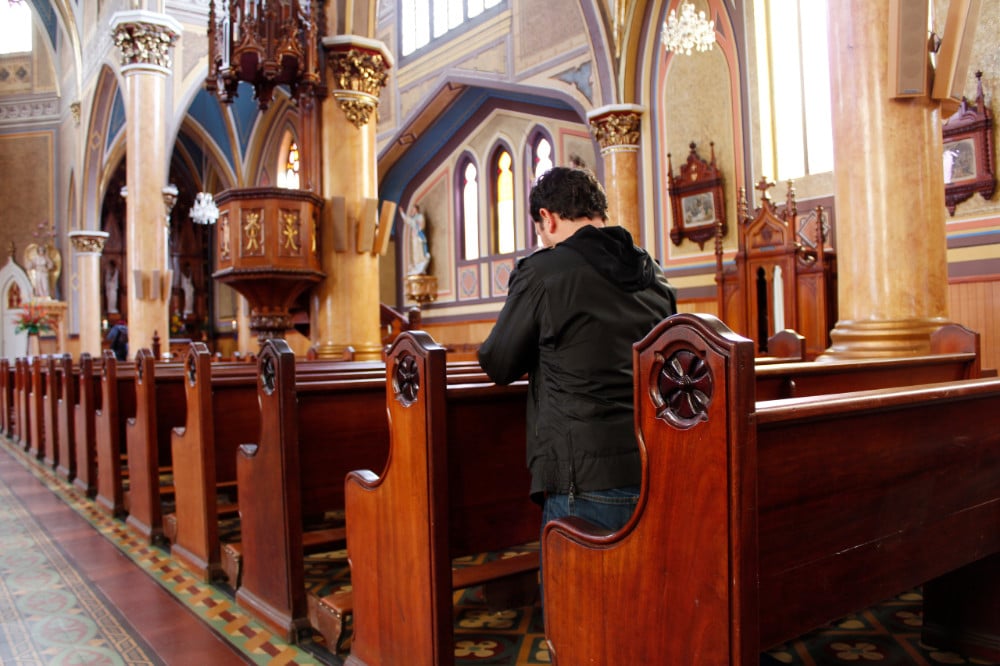Should Elon Musk mow his own lawn? Assume that he can mow his own lawn for $10, which is the cost of the wear-and-tear on his equipment, and the energy he would use. But the local lawn service would charge him $50 to do the very same thing. So, if he really wanted to save money, he should mow the lawn himself, saving $40. Right?
You can see a mistake in this calculation. Musk also needs to consider how he might use his time if he isn’t mowing the lawn. Suppose he can give a speech somewhere, and suppose (conservatively) that he typically receives a $100,000 speaker’s fee. Then the actual cost for him to mow his own lawn would be $10 plus this $100,000 fee that he foregoes.
Therefore, Elon Musk doesn’t save money by mowing his own lawn. He loses a lot of money. Assuming that he might be doing other highly compensated work, there is a huge “opportunity cost” in Musk mowing his own lawn. For him to give up this opportunity carries a cost.
The great French political economist Frederic Bastiat called opportunity cost “the unseen cost,” because it depends upon an alternative that was not realized. Therefore, we never see it and can easily neglect it.
Bastiat’s famous example is a shop window broken by a vandal. The shopkeeper needs to fix it. Is vandalism, therefore, “good for the economy”, because now there is more work for the glazer and the glazer’s suppliers?
Bastiat says we must consider the unseen costs as well. If the window was never broken, the shopkeeper would surely have spent his money on something else, helping a different group of merchants. Maybe he wanted to buy equipment that would help him do his job better. But now, he can’t buy that equipment because he has to fix his window. This equipment not purchased, and all of the business that the shopkeeper would have gained through that equipment, must be included in the cost of repairing the window.
You can see that opportunity cost is an important idea for prudential reasoning. It is also important for economic policy. Historically, it is the main reason why free trade between countries has been regarded as a win-win for both of them. Suppose a country by buying a product from another country, instead of making that same product itself, can shift its production to something more lucrative for it. Then, the case is on a par with Elon Musk and his lawn. That country would suffer an unseen opportunity cost if it continued to make the product itself. It will be overall less productive than it could have been. But that cost would never be seen.
The idea of opportunity cost is equally important in the life of a Catholic. The Catechism of the Catholic Church teaches that the main punishment suffered by the damned in hell is the deeply felt regret that it was open to them to seek God, and attain God, but they neglected to do so. Their regret is precisely that they finally see the opportunity cost of the life they had pursued. That cost was not recognized by them previously when they were choosing created goods over God.
But opportunity cost is a handy notion for battling distraction, lack of effort or lukewarmness. For example, all the great spiritual teachers say that the time of prayer after receiving Our Lord in the Eucharist, a time of thanksgiving, is one of the most fruitful times of prayer. They say that we should spend a generous span of time, about 10 minutes, intimately revealing our hearts and asking for what we are most deeply concerned about. But suppose we hurry out of the Church to an appointment, or we want to chat with friends right away, or there is something on the smartphone we believe we need to check. These are all goods, no doubt — the commitment, the friendship, the news. But in making the choices that we do, have we truthfully reckoned the opportunity cost? Would we choose the same way, if we counted that cost correctly?
Opportunity cost, or something like it, is also the idea that we need when we see devout Catholics who strive to be faithful — daily communicants for instance, who say the Rosary every day — but who have obvious failings and flaws. Maybe these failings and flaws persist after many years. Why do they have these shortcomings despite consistent piety? Isn’t this a scandal? Don’t such people undermine confidence in the power of the Catholic faith? But consider how their life would have gone — and how yours and mine would go–without the Catholic faith. The costs of the alternative are not seen and are much greater.
Sometimes opportunity cost has been used as an argument against abortion. You are asked to consider a woman who is pregnant, who has had many children already, several of whom had serious health problems — then, should she have an abortion? If you say yes, then the reply is “Congratulations, you have just killed Beethoven.” Or it could be St. Catherine of Sienna, or any other great genius, hero or saint born in difficult circumstances. The precise facts don’t matter very much, just the nature of the choice.
The argument is derided by abortion rights supporters as a fallacy. But the nature of an opportunity cost is that it is unseen. We simply do not know what the contribution would have been of the now millions of children killed by abortion. The argument has weight, then, depending upon how someone is inclined to reckon the unrealized alternative. People who view human beings as great goods, who are creative and find a way forward, will think that these costs are infinite. People who tend to view human beings as exchangeable, as burdens and, in general, as having little basis for hope, will count these opportunity costs as insignificant. The argument does not so much persuade as reveal how we think of one another.
The idea of opportunity cost is the most important idea of economic reasoning for Catholics. It helps us be prudent about trade-offs in this life and realistic about what we are actually gaining or losing with respect to the life to come.
Michael Pakaluk is a professor of ethics and social philosophy in the Busch School of Business at The Catholic University of America in Washington, D.C., and a member of the Pontifical Academy of St. Thomas Aquinas.







